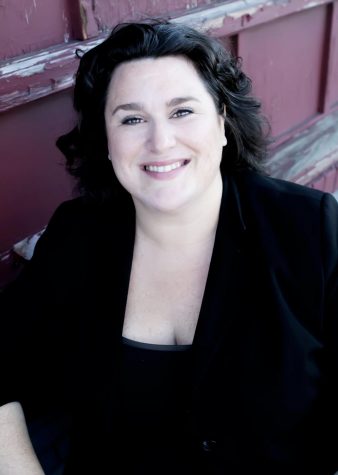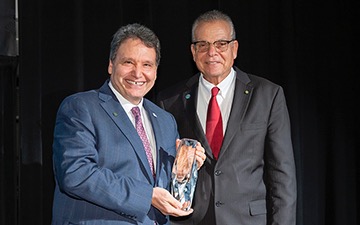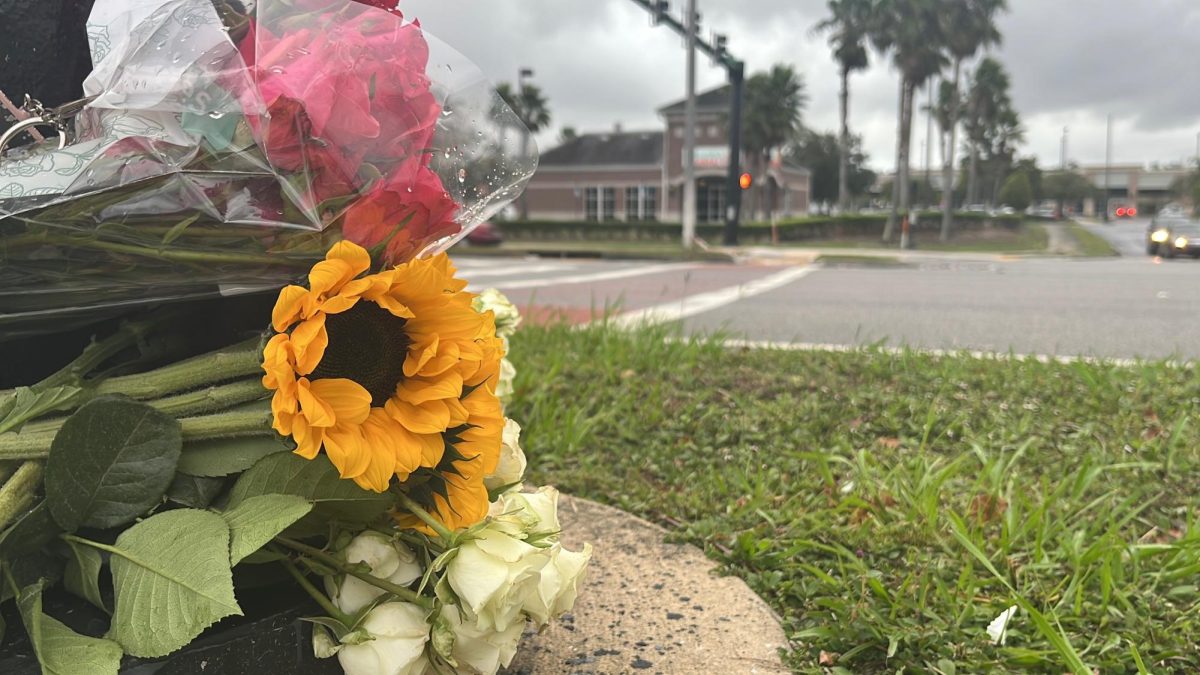MR. HOGAN: STOP DISCRIMINATING AGAINST STUDENTS, THE POOR, AND PEOPLE OF COLOR. OPEN EARLY VOTING SITES AT OUR LOCAL COLLEGES

After the 2018 midterm elections, Duval County Supervisor of Elections (SOE) Mike Hogan closed early voting sites at two local schools–Edward Waters University (EWU) and the University of North Florida (UNF). He said they were being replaced by two other sites, close to the schools, and that access to the polls would not be seriously affected.
Now the SOE is closing both the replacement polling stations. They are two of five sites being shuttered, a decision that will disproportionately affect young voters and Black voters in their attempts to participate in coming municipal elections and the 2022 midterms. It is part of a nationwide assault by extremist officeholders on the right to vote, triggered by the defeat of Donald Trump in the 2020 presidential election.
Hogan said the reason for closing the UNF site was low turnout, although the school had the second highest number of voters of all the campus early voting sites in Florida. He also claimed that the university administration had security issues and parking worries, although the school never said that publicly.
As for Edward Waters, Hogan insists that voting must take place in a publicly-owned building, and EWU is a private school, not public. But under Florida Statute 101.657, SOEs may designate any of various facilities as early voting sites, including convention centers and stadiums. Under the law, these facilities can be either public or private property.
This qualifies EWU’s Adams-Jenkins Complex and the Nathaniel Glover Community Field and Stadium as legitimate early voting locations for students and the surrounding community.
The EWU/UNF controversy is part of a continuing effort by Florida policymakers to impede voting by college students. In 2014, the administration of GOP Gov. Rick Scott banned the use of all college campuses, public or private, for early voting. In 2018, U.S. District Court Judge Mark Walker struck down the ban citing a “stark pattern of discrimination.”
“Throwing up roadblocks in front of younger voters does not remotely serve the public interest.,” Judge Walker wrote. “Abridging voting rights never does.”
After pressure from local activists and community leaders, Hogan was forced to provide early voting sites at EWU and UNF for the 2018 midterms. A total of 2,089 people voted early at EWU; 91 percent were Black.
But by 2020 Hogan had closed both sites and they remain inoperative.
Students have good reason to be concerned: the 2018 midterms saw vote-by-mail ballots of 18-21 year-old Duval voters rejected at a rate of over 7 percent. In 2020, Duval once again had disproportionately high vote-by-mail ballot rejection rates among voters under the age of 30. The best way to remedy these disparities is by restoring student access to in-person early voting.
The discrimination practiced by Hogan in the closing of early voting sites is not just related to age but to class and race. The early voting sites that remain open serve areas with a median household income of $64,000; those that are closing serve neighborhoods where the median is $44,000. Low-income voters are more likely to miss voting on Election Day due to transportation issues or not being able to take off work.
As for race, the EWU site was replaced with a site at Prime Osborne Convention Center. In 2020, 3713 people voted early there; 59 percent were Black. Now it’s closed. Another of the five sites being closed was at the Gateway Center. In 2020, 5872 people voted early there; 89 percent were Black. The UNF site was replaced by a polling place at the Deerwood Center, where over 12,000 people voted. Why close such a busy voting site? The answer isn’t money: The SOE has seen his budget increase in recent years, more than enough to support early voting.
Early voting at the campuses will serve not only students, faculty, and staff, but surrounding communities. Residents near the EWU site say it was far more accessible than sites downtown that require transportation.
Creating intentional barriers to voting by students is particularly offensive. Colleges and universities prepare young people to contribute to our nation. Students should have opportunities to vote for candidates who speak to their interests. Early voting alleviates the burdens of long lines on Election Day, and takes into account the school and work obligations and transportation limitations of students.
Mr. Hogan, do the right thing. Reopen early voting sites at EWU and UNF. And do it now.
___
For more information or news tips, or if you see an error in this story or have any compliments or concerns, contact editor@unfspinnaker.com.















